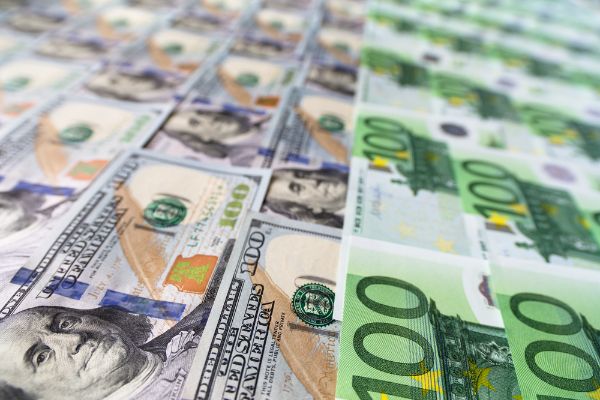The chairman of Evergrande, Xu Jiayin has sold over $1.1 billion worth of his own assets to help prop up his embattled firm, Chinese state news stated this week.
Xu has sold a number of houses in Shenzhen, Guangzhou and Hong Kong, as well as some personal jets, the state-owned China news network reported.
The money raised, which Xu has been pouring into Evergrande since the beginning of July, has been used to “preserve the normal operations of his massive business empire,” the paper stated, adding that the cash has been used to pay his worker’s salaries, money owed to individuals who invested in its wealth product and interest payments on bonds as well as money owed. The cash has also gone towards completing property projects throughout China.
“Thus far Xu Jiayin has been raising his own cash to prolong the life of Evergrande,” the news outlet wrote.
Evergrande didn’t immediately reply to a request for comments from CNN Business regarding the report.
Shares in the company climbed as much as 4.3% in Hong Kong early Wednesday, though by mid-day their gains were up 1.1%. The stock is down 80% so far this year.
The company has been trying to drop assets to prevent defaults as it comes to grips with over $300 billion liabilities, but its efforts have had mixed success.
In late Sep., the firm announced it was going to sell off $1.5 billion shares of Shenyang-based Shengjing Bank to an asset management firm owned by the state. But last month, it called off the plan to sell the bulk of its stake in its real-estate management unit for $2.6 billion to its competitor Hopson Development Holdings. Each of the firms stated they were not able to agree on the terms of the deal.
So far, though, the firm appears to have prevented going into default on any of its publicly listed offshore bonds by paying past due interest before grace periods end for each of those financial obligations.
It has an additional deadline coming up for a past due payment on a dollar-denominated bond. The deadline for the 30 day grace period ends on Nov. 29, according to Eikon Refinitiv.
Author: Scott Dowdy
These content links are provided by Content.ad. Both Content.ad and the web site upon which the links are displayed may receive compensation when readers click on these links. Some of the content you are redirected to may be sponsored content. View our privacy policy here.
To learn how you can use Content.ad to drive visitors to your content or add this service to your site, please contact us at [email protected].
Family-Friendly Content
Website owners select the type of content that appears in our units. However, if you would like to ensure that Content.ad always displays family-friendly content on this device, regardless of what site you are on, check the option below. Learn More






Comments are closed.